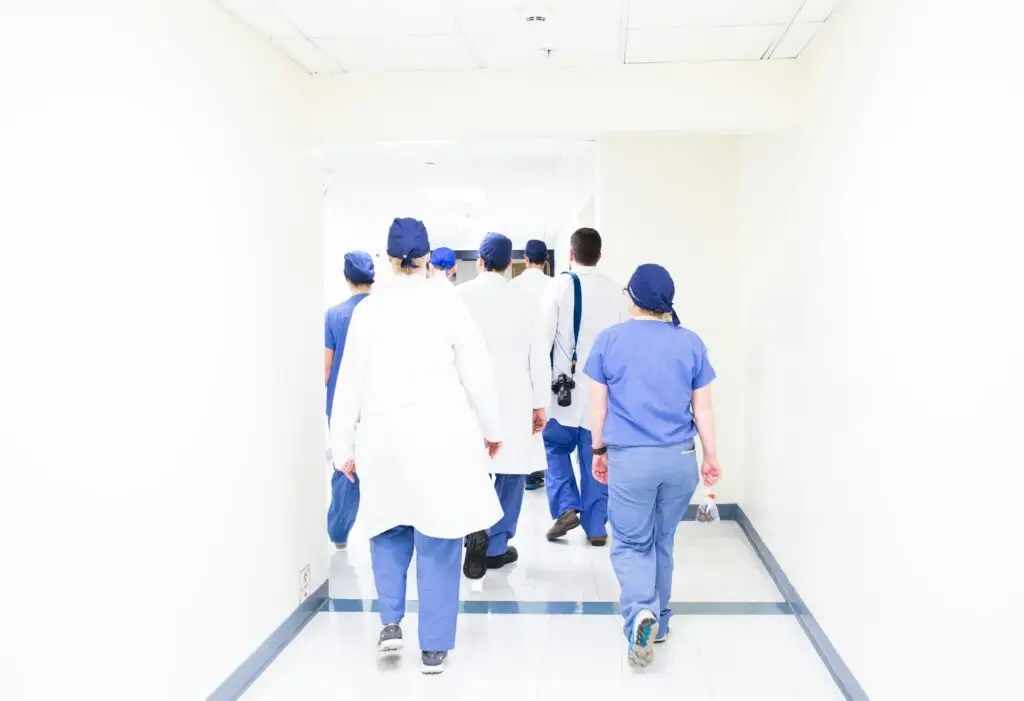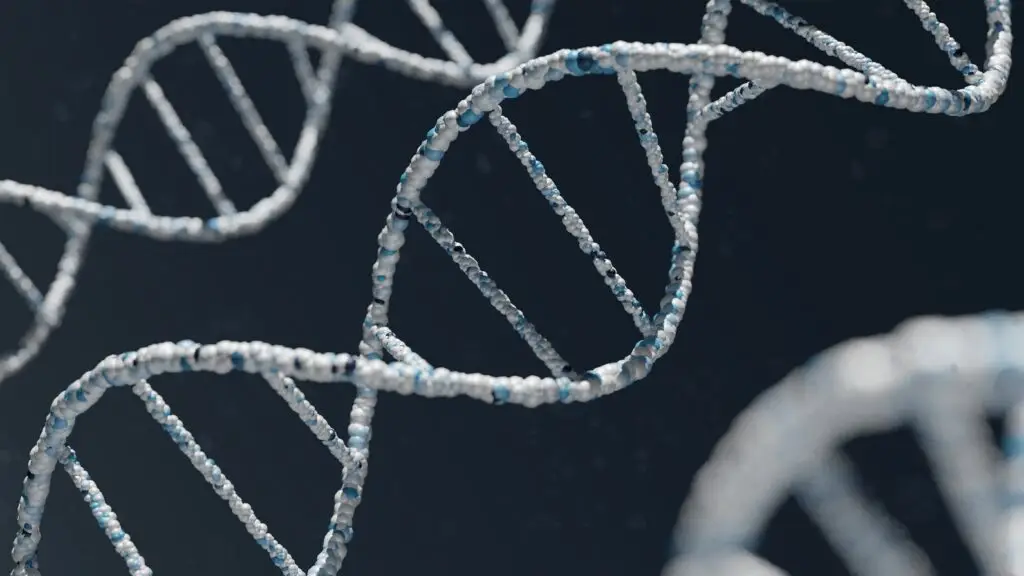Patient education in pancreatic cancer is very important because it helps the patient and their family understand the available treatment options, the side effects of the treatment, nutrition support during the treatment and lastly, know when to seek medical attention.
- Understanding the treatment options available – There are different treatments for patients with pancreatic cancer, depending on several factors including the size and location of the tumor, type, stage and overall health of the patient. Treatment options include:
-
- Surgery
- Chemotherapy
- Radiation Therapy
- Chemoradiation Therapy
- Targeted Therapy
- Immunotherapy
- Understanding the side effects of treatment – Educating patients will help them manage the potential side effects of their treatment. Here are the common side effects of pancreatic cancer treatment. The patient may experience:
-
- Pain
- Fatigue
- Nausea and Vomiting
- Changes in Stool
- Importance of nutritional support during treatment – Healthy lifestyle is always the first step to overall wellness. Eating healthy and maintaining a healthy weight may help lower your risk. The American Cancer Society recommends following a balanced diet that includes plenty of fruits, vegetables, whole grains, and that limits or avoids processed meats, sugary drinks, and highly processed foods.
- Knowing when to seek medical attention – One of the reasons pancreatic cancer is so difficult to detect early is because many of these symptoms are more likely to be caused by other conditions or there are no symptoms at all. Patients should be informed about the signs and symptoms and who to contact in case of an emergency. Check with your doctor if you have any of the symptoms. Some common symptoms of pancreatic cancer include:
-
- Belly or back pain
- Weight loss
- Poor appetite
- Nausea and vomiting
- Diabetes
Benefits of Patient Education in Pancreatic Cancer Care
If the patient and their family are well informed about everything they need to know like about the disease, treatment options, how to manage symptoms and potential side effects, then patients are more likely to stick to their treatment plan, medications and follow up appointments. The benefits of patient education in pancreatic cancer include:
- Improved patient outcomes
- Better adherence to treatment plans
- Enhanced quality of life
- Improved emotional well-being
Strategies for Effective Patient Education in Pancreatic Cancer Care
- Clear communication between patient and healthcare provider – What is the importance of good communication between patients and healthcare providers? LACK of communication puts the patient safety at risk. Always remember that good communication will improve patient outcomes. Healthcare providers should take the time to explain what the patient needs to know.
- Provision of written materials – Written materials like brochures and pamphlets are also a valuable tool that will help the patient and their family. It is used to disseminate strategies and raise health knowledge.
- Use of multimedia resources – Multimedia can also help in patient education. Multimedia learning includes learning through the use of videos, images, animations and interactive resources online which may help better understand and support information processing.
- Involvement of support groups – Several studies have shown that joining a support group can have positive effects on both the quality of life and the survival rates of patients with pancreatic cancer. Joining support groups, online communities, local events and counseling are some ways to connect with others affected by pancreatic cancer.
With your help, together WE CAN MAKE A CHANGE in the early detection and treatment of pancreatic cancer and pancreatic cancer prevention.
TrovaNow is raising funds for PRECEDE – an international, multi-institutional collaborative consortium of world-renowned experts in pancreatic cancer.
Visit www.trovanow.com to learn how you can get involved and donate today.




